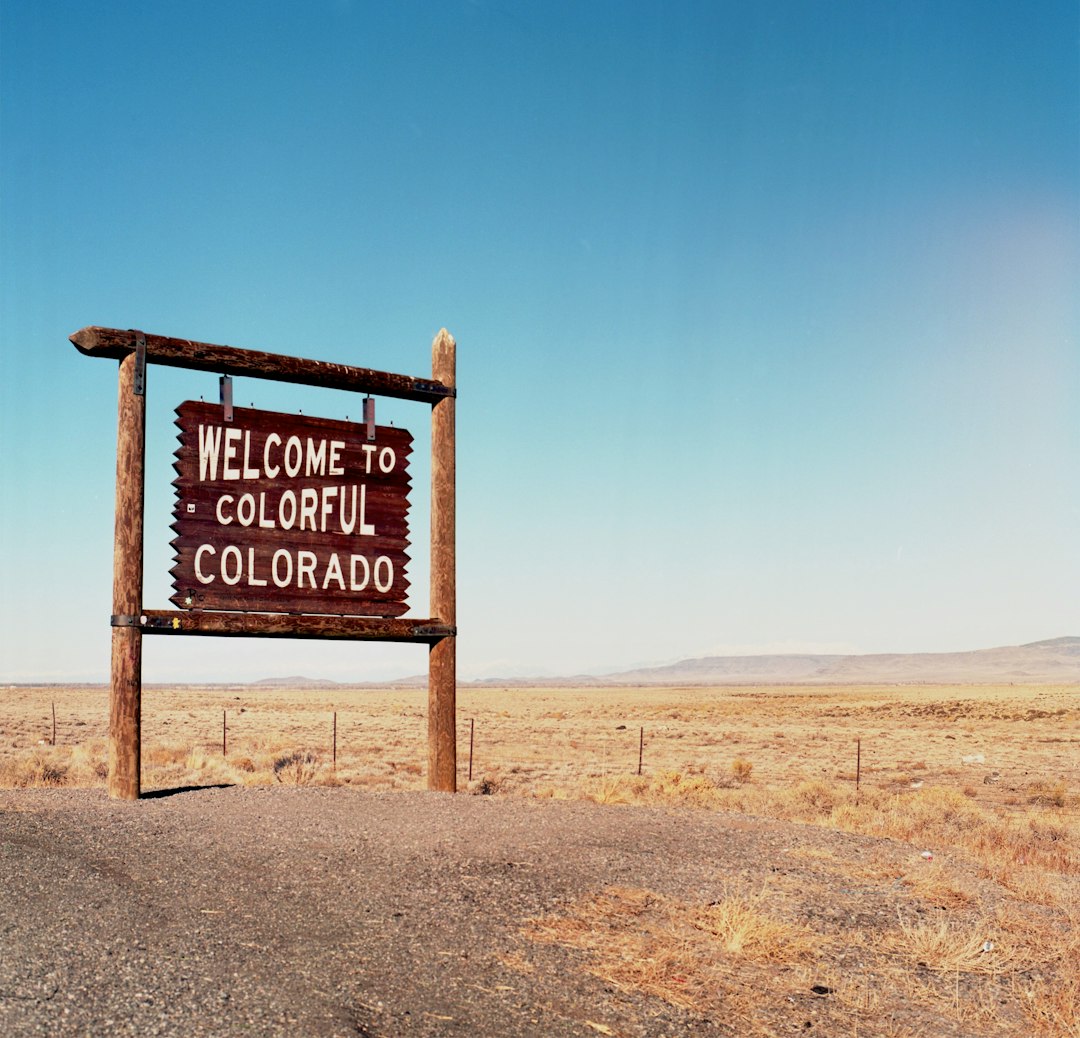Protect yourself from oil and gas lease scams in Colorado by verifying caller identities, avoiding sharing personal info, and reporting suspicious calls to law enforcement or consumer protection agencies. To stop spam calls, register for Colorado's 'Do Not Call' service, use call-blocking apps or security software, educate yourself about legitimate offers, research companies thoroughly, and stay vigilant against promises of high profits with minimal risk. Utilize state resources like CPUC complaint platforms and smartphone call blocking features, as well as the National Do Not Call Registry, to significantly reduce nuisance calls and enhance digital safety.
In the bustling landscape of oil and gas exploration, navigating phone scams can be as treacherous as navigating a labyrinthine tapestry. This guide aims to empower folks in Colorado with the knowledge needed to recognize and avoid common lease scam tactics. Learn how to protect your personal information, distinguish legitimate offers from suspicious ones, and report spam calls effectively. By following these steps, you can ensure your peace of mind and safeguard against fraudulent activities, revolutionizing your experience in today’s digital era.
Recognize Common Oil & Gas Scam Tactics

Scam artists often employ cunning tactics to target individuals in Colorado and across the country, preying on their desire for financial gains from oil and gas leases. One common method is impersonating government agencies or reputable companies, making false promises of substantial returns. They may contact victims via phone, claiming to have secured lease rights for their property, asking for immediate action and demanding payment upfront. These scams often target rural areas, where residents might be less aware of such fraudulent activities.
To protect yourself from these oil and gas lease scams, it’s crucial to remain vigilant and cautious. Always verify the identity of any caller by checking their official contact information through reputable sources. Never feel pressured to make an on-the-spot decision or provide personal details over the phone. If you receive such a call, hang up immediately and report it to local law enforcement or consumer protection agencies in Colorado to help them track and prevent these fraudulent schemes from spreading.
Protect Your Personal Information

Protecting your personal information is a crucial step in avoiding oil and gas lease scam calls, especially in Colorado where such scams are prevalent. Scammers often use aggressive tactics to gather sensitive data, so it’s essential to be vigilant. When answering calls, avoid providing any details about your income, assets, or property ownership. Refrain from sharing personal identifiers like your full name, birthdate, or Social Security number unless you initiate the call and are certain of the recipient’s legitimacy.
To enhance security, consider registering for a ‘Do Not Call’ service in Colorado. This official registry helps block unwanted calls, including those from scammers. Additionally, using call-blocking apps or installing security software on your devices can further protect you from spam calls, ensuring a safer online experience and peace of mind.
Legitimate vs. Suspicious Lease Offers

Oil and gas lease offers can be an enticing prospect for many Coloradans, but it’s crucial to know how to differentiate legitimate opportunities from potential scams. Legitimate companies will typically provide detailed information about the lease, including terms, conditions, and expected returns. They will also respect your privacy and not pressure you into making immediate decisions. If a call feels suspicious, it might be a scam. Look out for vague or exaggerated promises of high profits with minimal risk.
To protect yourself from these scams, educate yourself about the industry and stay vigilant. Research any company offering lease deals, check their credentials, and consult with trusted professionals if needed. By staying informed and being cautious, you can avoid falling victim to these deceptive practices and potentially harmful situations, while also knowing how to stop spam calls in Colorado effectively.
Reporting Spam Calls: Your Tools & Resources (Colorado)

In Colorado, stopping spam calls is as simple as knowing where and how to report them. Utilize the resources provided by state regulatory bodies like the Colorado Public Utilities Commission (CPUC). They offer dedicated platforms for consumers to file complaints against nuisance calls, which helps in identifying and penalizing scammers. Many smartphones also come with built-in call blocking features and settings that allow you to block numbers manually or through apps specifically designed to combat spam calls.
Additionally, consider enrolling in the National Do Not Call Registry, a federal database that filters out many common scam calls. While this might not guarantee complete protection against all spam, it’s a robust first step in how to stop spam calls Colorado residents can take to protect their peace of mind. Remember, reporting these calls not only helps protect yourself but also contributes to creating a safer digital environment for everyone.






